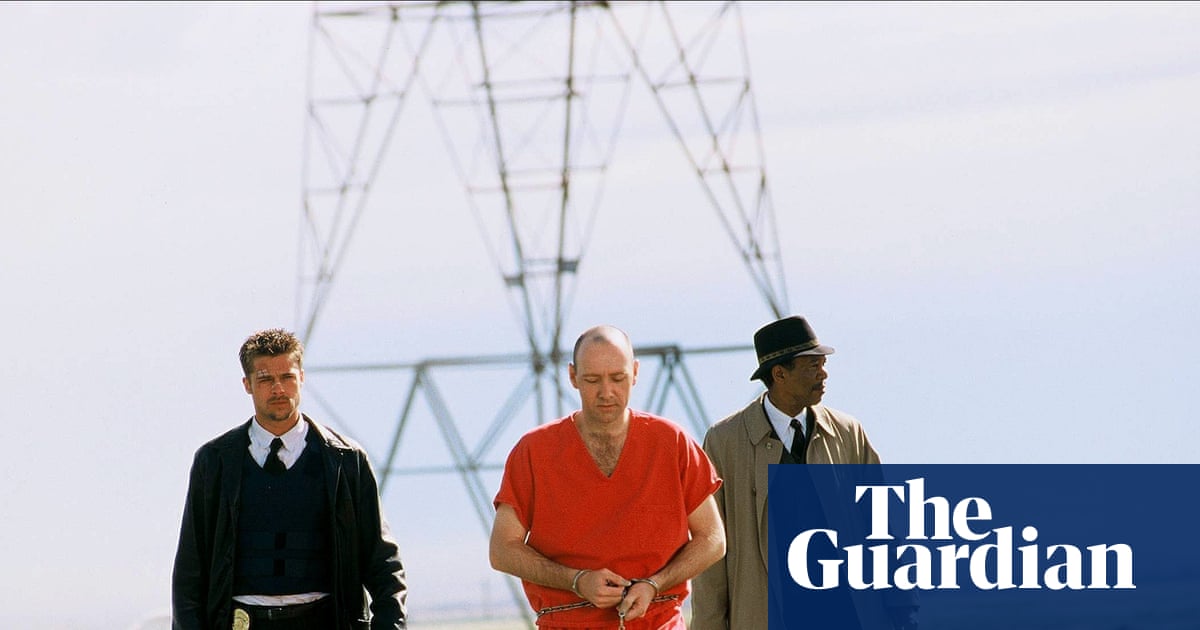
"It had to end with the box. It nearly didn't. Before David Fincher received a draft of Andrew Kevin Walker's script for his 1995 psychological thriller Seven, he'd sworn off the possibility of ever directing again, still reeling from his notoriously rocky experience on his debut feature, Alien 3, which had ultimately been taken out of his hands. (I'd rather die of colon cancer than make another movie, he colorfully put it.)"
"Walker's script had already gone through various permutations since 1989, most notably a twist ending that had been written out of subsequent drafts for being irredeemably bleak. Yet, the original version was the one that Fincher read and he was unwilling to compromise, despite persistent pressure from executives and test screenings that seemed to confirm that it was too bleak an ending."
"Or that all audiences are not the same, even if Hollywood is often desperate to appeal to everyone at once. There have been so many hacky imitations of the film since so many that have mimicked its neo-noir edginess and its baroque depiction of serial murder that it can be hard to remember the impact the film had at the time, when there was nothing else quite like it."
David Fincher nearly left filmmaking after a traumatic Alien 3 experience, but accepted a draft of Andrew Kevin Walker's Seven that retained an originally bleak twist ending. Executives and test screenings pressured for a less severe conclusion, but the director refused to compromise and filmed the darker finale. The resulting movie defined a new brand of neo-noir serial-killer cinema, spawning many imitations and emphasizing urban malevolence embodied by a sinister villain. Morgan Freeman's weary William Somerset epitomizes an ageing detective unable to comprehend or control a present more brutal than previous crime dramas portrayed.
Read at www.theguardian.com
Unable to calculate read time
Collection
[
|
...
]